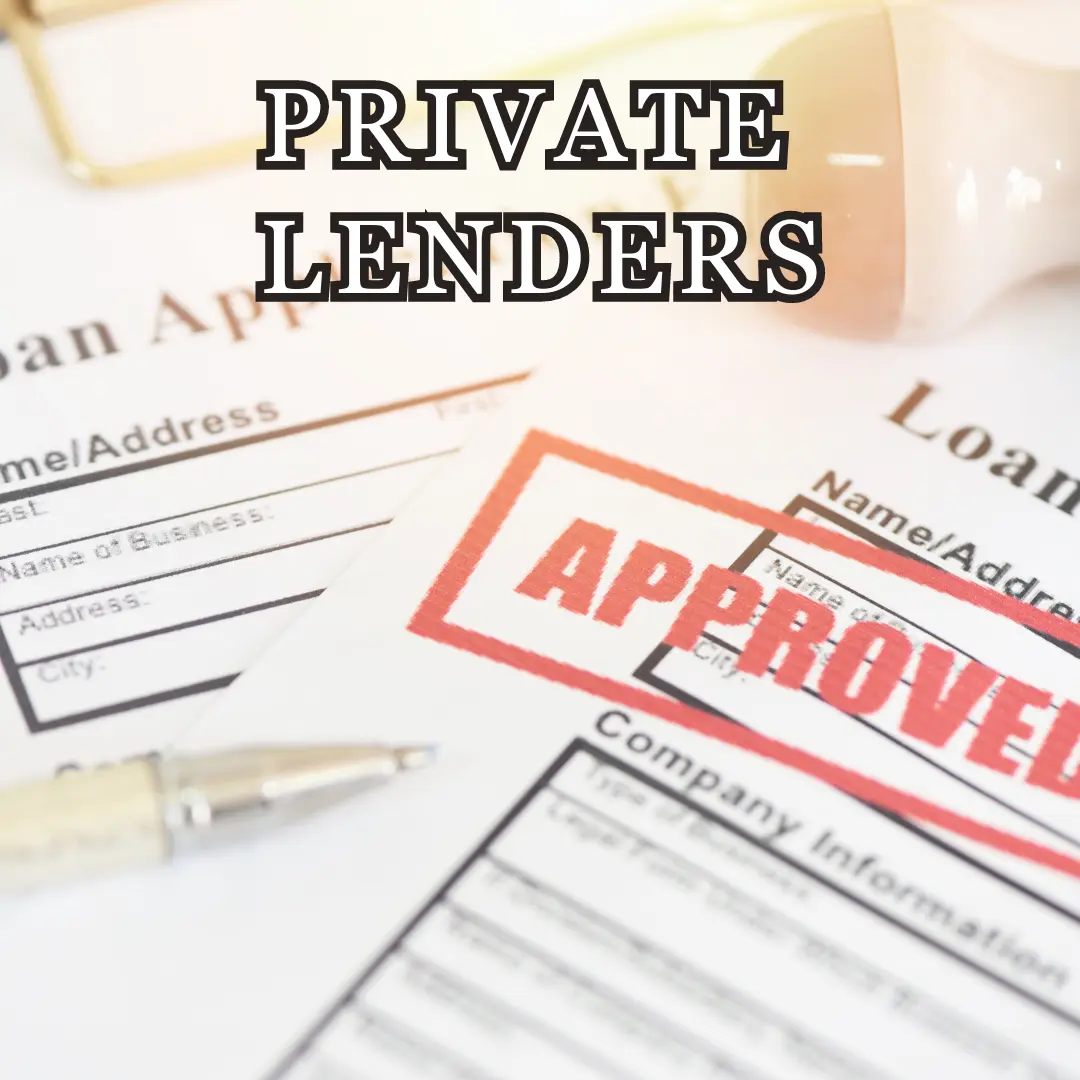How private mortgage lenders savannah ga support beginner borrowers in today’s housing market
Just how It Works: A Comprehensive Overview to Mortgage Lending for First-Time Buyers
Maneuvering the world of mortgage lending can be frightening for novice customers. Comprehending the fundamental parts like principal, interest, and deposits is necessary. Additionally, acknowledging the various sorts of home loan and the application procedure can significantly impact one's experience. By checking out vital variables that influence rate of interest prices, buyers may reveal important understandings. What else should they think about before making such a substantial financial commitment?
Comprehending Mortgage Fundamentals
When newbie purchasers enter the domain name of homeownership, understanding mortgage basics ends up being critical for making notified choices. A home mortgage is basically a loan protected by the residential or commercial property being bought, allowing individuals to get a home without paying the full cost upfront. Buyers should understand key components, consisting of principal, passion, tax obligations, and insurance coverage, commonly summed up as PITI. The principal is the amount borrowed, while interest is the cost of loaning that amount, revealed as a percentage. Tax obligations and insurance policy are extra prices that can noticeably affect monthly payments. Purchasers ought to additionally take into consideration the financing term, commonly 15 or three decades, which impacts settlement quantities and overall rate of interest paid. Understanding credit rating is important, as they affect finance eligibility and rate of interest. Understanding these essential concepts encourages novice customers to browse the mortgage landscape confidently and choose that line up with their monetary objectives.
Types of Mortgage Loan
When thinking about mortgage choices, newbie customers typically encounter 2 key types: fixed-rate and adjustable-rate home mortgages. Fixed-rate home mortgages offer security with constant repayments over the loan's term, while variable-rate mortgages can supply lower preliminary rates that might fluctuate gradually. Comprehending these differences is important for making an informed choice.
Fixed-Rate Mortgages
Fixed-rate home loans offer stability and predictability for novice homebuyers navigating the intricacies of home financing. With a fixed-rate mortgage, the interest rate continues to be continuous throughout the car loan term, normally ranging from 15 to thirty years. This consistent price enables customers to plan their budget plans efficiently, recognizing that their regular monthly settlements will not change. New customers take advantage of this structure as it gets rid of uncertainty in lasting financial dedications. Additionally, fixed-rate mortgages usually come with lower first rates compared to adjustable-rate alternatives, making them an appealing option for those wanting to establish home equity over time. Overall, fixed-rate mortgages provide an uncomplicated path to homeownership, ideal for individuals seeking long-lasting financial safety and security.
Adjustable-Rate Mortgages
For newbie buyers seeking flexibility, variable-rate mortgages (ARMs) can provide an enticing choice to fixed-rate lendings. ARMs normally supply lower first rates of interest, making month-to-month repayments extra budget friendly in the very early years. Nevertheless, these prices rise and fall after a first set period, which can bring about raised repayments with time. Consumers need to recognize the index and margin that establish future price changes. Frequently, ARMs have adjustment periods of one, 3, or five years, with regular caps to limit just how much prices can boost at each modification. While ARMs can be helpful for those preparing to sell or re-finance before the price changes, they also bring threats if market problems alter considerably. Complete research study is necessary for notified decision-making.
The Mortgage Application Process

Trick Elements Affecting Interest Rates

Deposits and Closing Prices
Understanding down repayments and shutting expenses is crucial for first-time homebuyers, as these expenses significantly affect the total price of a home mortgage. A deposit is the first quantity paid in the direction of the home's acquisition price, usually revealed as a portion. It can range from as low as 3% to 20% or more, depending on the finance type and loan provider demands. A bigger deposit can decrease month-to-month mortgage payments and eliminate exclusive mortgage insurance policy (PMI), which shields lending institutions in instance of default.Closing costs, on the other hand, encompass numerous charges incurred throughout the home-buying procedure. These may consist of car loan origination costs, evaluation fees, title insurance policy, and attorney costs, normally amounting to 2% to 5% of the home's acquisition cost. Novice customers must budget plan for both down repayments and shutting expenses to guarantee they can protect their mortgage and successfully browse the home-buying process.
Tips for First-Time Homebuyers
What essential pointers can newbie homebuyers follow to browse the typically challenging process of acquiring a home? Initially, setting a sensible budget is crucial. Purchasers need to evaluate their economic situation, including income, expenditures, and potential mortgage payments. Next off, acquiring pre-approval for a mortgage can offer clarity on what one can pay for and reinforce their position when making an offer.Researching communities is just as important; buyers need to take into consideration factors such as facilities, institutions, and future growths. Additionally, it is recommended to collaborate with a certified realty agent who can use beneficial understandings and guidance throughout the buying process.Home inspections must not be forgotten, as they can reveal hidden issues that may affect long-term contentment. Buyers should remain patient and adaptable, recognizing that discovering the appropriate home may take time. visit here By adhering to these ideas, new homebuyers can come close to the market with self-confidence and understanding.
Frequently Asked Inquiries
What Documents Are Required for Mortgage Pre-Approval?
For mortgage pre-approval, people usually need to give earnings confirmation, work history, credit records, tax returns, bank statements, and information of any kind of financial obligations (Private Mortgage Lenders Savannah GA). These documents assist loan providers evaluate monetary ability and figure out lending qualification
Can I Get a Home Loan With Bad Credit?

Many lenders consider candidates with bad credit score, though terms might differ. Higher rates of interest or larger down repayments might be needed. Checking out options with specialized lenders or government programs can additionally improve possibilities for authorization.
The length of time Does the Mortgage Approval Process Take?
The mortgage authorization process usually takes in between 30 to 45 days. Variables influencing this timeline include the loan provider's effectiveness, the borrower's financial documents, and the complexity of the funding application. Hold-ups might take place as a result of added demands.
What Happens if I Miss a Home Loan Payment?
If a mortgage payment is missed, late costs might be sustained, and credit report ratings can experience. Extended non-payment might result in foreclosure proceedings, prompting the lender to reclaim the home after a collection of cautions.
Can I Re-finance My Mortgage Later?
Refinancing a mortgage later on is usually feasible, enabling house owners to readjust their financing terms, rate of interest, or monthly payments. Qualification depends on debt ratings, current market conditions, and the existing mortgage's terms.